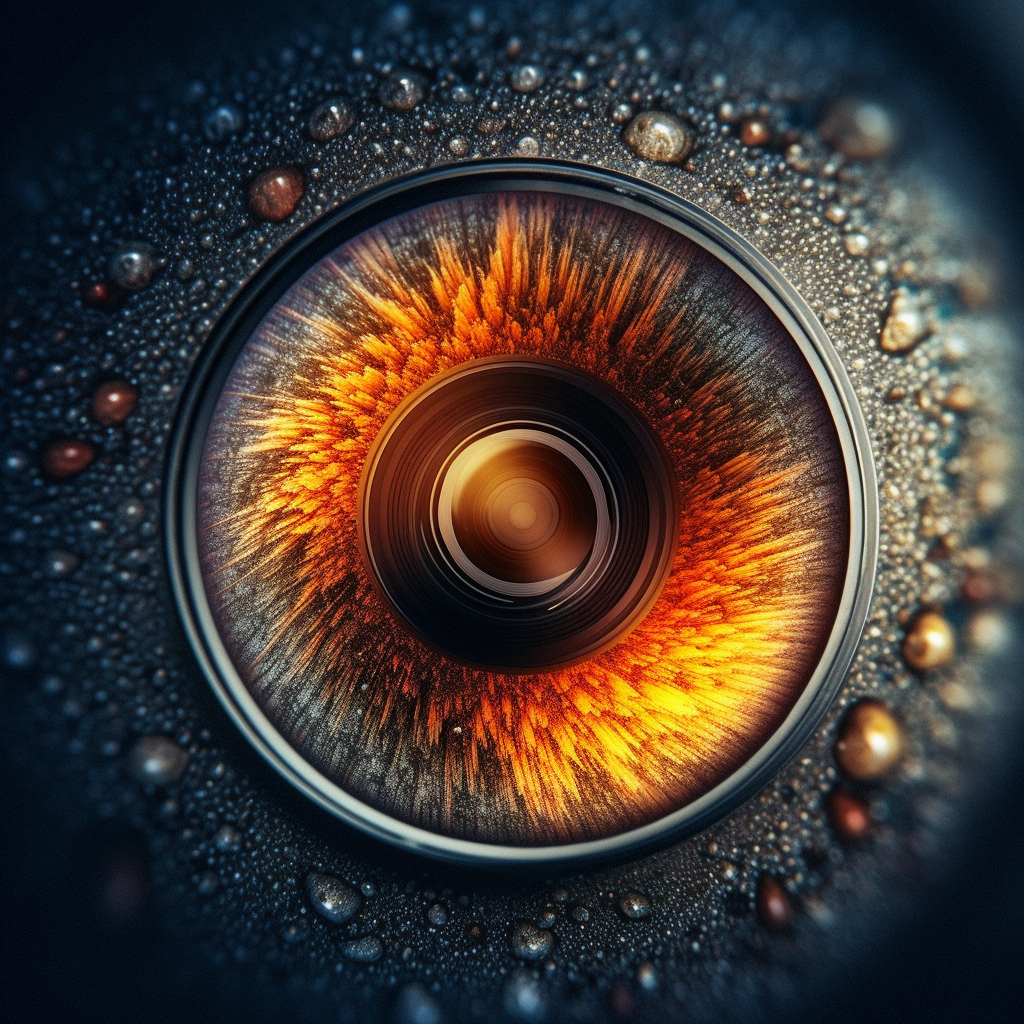In a strategic move that aims to bridge the gap between artificial intelligence and the creative industries, OpenAI has released Sora, a groundbreaking AI video generator that promises to revolutionize the way artists and filmmakers bring their ideas to life. With Hollywood grappling with labor disputes and concerns over the impact of AI on the entertainment industry, OpenAI's charm offensive seeks to showcase Sora as a tool that empowers, rather than replaces, human creativity.
According to Bloomberg, OpenAI has been holding meetings in Los Angeles with Hollywood studios, media executives, and talent agencies to form partnerships in the entertainment industry and encourage filmmakers to integrate Sora into their work. The artificial intelligence startup is ramping up plans for its AI video generator, with OpenAI CEO Sam Altman and COO Brad Lightcap reportedly having “introductory conversations” with industry stakeholders.
As part of this charm offensive, OpenAI recently released a blog post featuring testimonials from a diverse group of artists, designers, and filmmakers, offering a glimpse into the transformative potential of Sora in the hands of skilled creators. The timing of the blog post coincides with the company's efforts to promote Sora in Hollywood, showcasing the tool as a means to enhance artistic expression while respecting the value of human talent.
From the surreal and abstract explorations of the Toronto-based multimedia production company shy kids to the boundary-pushing experiments of multi-disciplinary artist and director Paul Trillo, Sora has already begun to inspire a new wave of creativity. Emmy-nominated creative agency Native Foreign's co-founder Nik Kleverov sees Sora as a tool that can help visualize concepts and rapidly iterate on creative projects, while musician and multidisciplinary artist August Kamp envisions Sora as a means to bring previously impossible ideas to fruition.
However, not everyone in the industry shares the same enthusiasm for AI-assisted creation. In an interview with The Hollywood Reporter, filmmaker and studio owner Tyler Perry expressed deep concerns about the potential impact of AI on jobs in the entertainment industry. Perry revealed that he has put his $800 million studio expansion plans on hold after witnessing the capabilities of Sora firsthand. “Being told that it can do all of these things is one thing, but actually seeing the capabilities, it was mind-blowing,” Perry told The Hollywood Reporter, noting that AI-assisted production could eliminate the need for travel to locations or building sets.
While Perry acknowledges the potential benefits of AI for his business, he also worries about the livelihoods of those working in the industry, from actors to grip and electric, transportation, sound, and editors. “I am very, very concerned that in the near future, a lot of jobs are going to be lost,” he stated, emphasizing the need for the industry to come together and address the challenges posed by AI, according to The Hollywood Reporter.
As a prominent figure in the entertainment world, Perry's call for a unified approach to tackling the impact of AI on the industry carries weight. He urges all stakeholders, including unions and Congress, to engage in a dialogue that prioritizes the protection of human talent and livelihoods. “There's got to be some sort of regulations in order to protect us. If not, I just don't see how we survive,” Perry warned, as reported by The Hollywood Reporter.
The concerns raised by Tyler Perry add another layer of complexity to the ongoing discourse surrounding AI and its role in the creative industries. As OpenAI continues its charm offensive with the release of Sora and its efforts to forge partnerships in Hollywood, the industry must grapple with the delicate balance between embracing technological advancements and safeguarding the human element that lies at the heart of artistic expression. The future of Hollywood, and the livelihoods of those who bring its magic to life, hangs in the balance as the industry navigates this uncharted territory.


Member comments